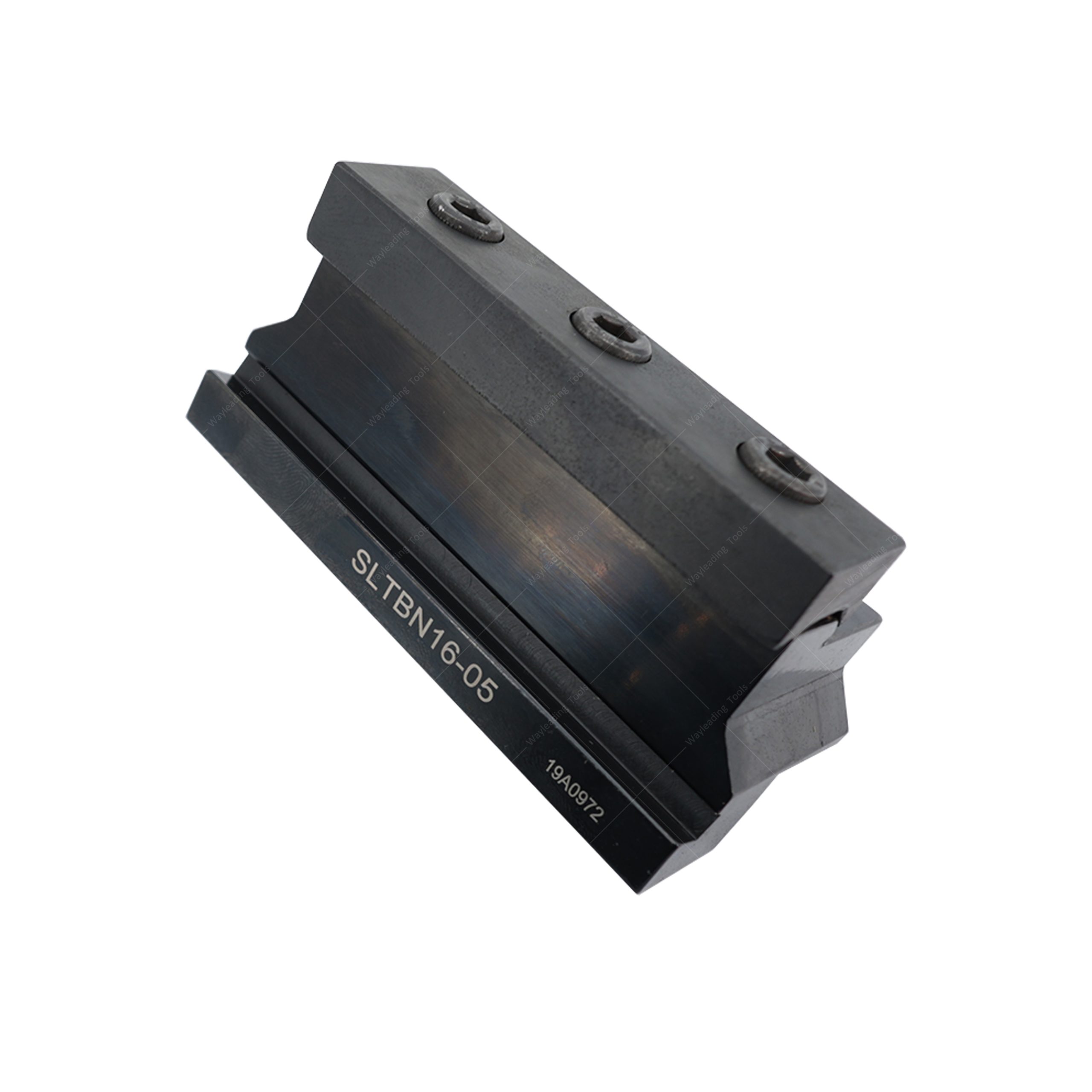carbide tipped tool bit Suppliers
Finding reliable carbide tipped tool bit suppliers can be challenging. This guide provides an overview of what to look for when selecting a supplier, the types of carbide tipped tool bits available, common applications, and key factors to consider to ensure you get the best value and performance.
Understanding Carbide Tipped Tool Bits
Carbide tipped tool bits are cutting tools that utilize a carbide insert or tip brazed or mechanically fastened to a steel shank. Carbide is an extremely hard compound, typically composed of tungsten carbide (WC) with a cobalt (Co) binder. This combination provides exceptional wear resistance and the ability to maintain a sharp cutting edge at high temperatures, making them ideal for machining a wide range of materials.
Why Choose Carbide Tipped Tool Bits?
Compared to high-speed steel (HSS) bits, carbide tipped tool bits offer several advantages:
- Increased Cutting Speed: Carbide can withstand higher temperatures, allowing for faster cutting speeds and increased productivity.
- Longer Tool Life: The superior wear resistance of carbide extends tool life, reducing downtime and replacement costs.
- Versatility: Suitable for machining a wide variety of materials, including ferrous and non-ferrous metals, as well as some plastics and composites.
- Improved Surface Finish: Carbide tipped tool bits can produce smoother surface finishes compared to HSS bits, reducing the need for secondary finishing operations.
Factors to Consider When Choosing Carbide Tipped Tool Bit Suppliers
Selecting the right carbide tipped tool bit suppliers is crucial for ensuring consistent quality, reliable delivery, and competitive pricing. Here are some key factors to consider:
Product Quality and Consistency
The quality of the carbide grade and the manufacturing process directly impact the performance and lifespan of the tool. Look for suppliers who offer:
- High-quality carbide grades: Different grades are suitable for different materials and applications.
- Precise manufacturing tolerances: Ensure consistent tool dimensions and cutting geometry.
- Stringent quality control: Reputable suppliers will have robust quality control processes in place to ensure consistent product quality.
Range of Products and Customization Options
Consider the breadth of the supplier’s product line and their ability to provide customized solutions:
- Variety of tool types: Look for suppliers offering a wide range of carbide tipped tool bits, including turning tools, boring bars, threading tools, and milling cutters.
- Custom tool design: If you have specific requirements, choose a supplier that can design and manufacture custom carbide tipped tool bits.
- Special coatings: Coatings such as TiN, TiCN, and AlTiN can further enhance wear resistance and cutting performance.
Pricing and Payment Terms
Compare pricing from multiple suppliers, but don't solely focus on the lowest price. Consider the overall value, including quality, service, and delivery. Also inquire about payment terms, volume discounts, and return policies.
Reliability and Delivery Time
Timely delivery is essential to minimize downtime and maintain production schedules. Evaluate the supplier’s ability to meet your delivery requirements:
- Lead times: Inquire about typical lead times for standard and custom tools.
- Inventory management: Choose a supplier with adequate inventory levels to ensure prompt delivery.
- Shipping options: Ensure the supplier offers reliable shipping options to your location.
Technical Support and Customer Service
Choose a supplier that provides excellent technical support and customer service:
- Technical expertise: The supplier should have knowledgeable staff who can provide technical assistance and help you select the right tools for your application.
- Responsiveness: The supplier should be responsive to your inquiries and provide timely support.
- After-sales service: Inquire about the supplier’s after-sales service, including warranty policies and technical support.
Types of Carbide Tipped Tool Bits
Carbide tipped tool bits come in a variety of shapes and sizes, each designed for specific machining operations. Here are some common types:
Turning Tools
Used for turning operations on lathes to reduce the diameter of a workpiece or to create specific shapes and profiles. They can be used for facing, roughing, and finishing operations.
Boring Bars
Used to enlarge or finish the inside diameter of a hole. They are typically used on lathes or boring machines.
Threading Tools
Designed for cutting threads on the inside or outside of a workpiece. They are available for both internal and external threading operations.
Milling Cutters
Used on milling machines to remove material from a workpiece by rotating the cutter. Common types include end mills, face mills, and shell mills.
Applications of Carbide Tipped Tool Bits
Carbide tipped tool bits are used in a wide range of industries, including:
- Automotive: Machining engine components, transmission parts, and chassis components.
- Aerospace: Manufacturing aircraft engine parts, structural components, and landing gear components.
- Medical: Producing surgical instruments, implants, and medical devices.
- Electronics: Machining electronic components, connectors, and housings.
- General Manufacturing: Used in a wide variety of machining applications across various industries.
Finding the Right Carbide Grade
Selecting the appropriate carbide grade is critical for achieving optimal performance. Different grades are formulated for different materials and cutting conditions. Consult with your supplier or refer to carbide grade charts to determine the best grade for your application.
For example, a general-purpose grade might be suitable for machining mild steel, while a tougher grade is better suited for machining hardened steel or cast iron.
Tips for Extending the Life of Your Carbide Tipped Tool Bits
Proper care and maintenance can significantly extend the life of your carbide tipped tool bits:
- Use proper cutting speeds and feeds: Consult machining guidelines for optimal speeds and feeds for your material and tool.
- Use adequate coolant: Coolant helps to dissipate heat and lubricate the cutting edge, preventing premature wear.
- Inspect tools regularly: Check for signs of wear or damage, such as chipping or cracks.
- Resharpen tools when necessary: Resharpening can restore the cutting edge and extend the life of the tool.
- Store tools properly: Store tools in a dry and protected environment to prevent corrosion and damage.
Wayleading Tools: Your Partner for Quality Carbide Tipped Tool Bits
At Wayleading Tools, we are committed to providing high-quality carbide tipped tool bits and exceptional service to our customers. With over 10 years of experience in the cutting tool industry, we have the expertise and resources to meet your specific needs. Contact us today to learn more about our products and services.We are one of leading carbide tipped tool bit suppliers in China. You can find more details on our website.
Conclusion
Choosing the right carbide tipped tool bit suppliers requires careful consideration of product quality, pricing, reliability, and technical support. By following the guidelines outlined in this article, you can make an informed decision and ensure you get the best value and performance from your cutting tools.
Here's a comparison table illustrating typical parameters for High Speed Steel (HSS) and Carbide tools:
| Parameter | High Speed Steel (HSS) | Carbide |
|---|---|---|
| Cutting Speed (Surface Feet per Minute) | 50-150 | 200-1200 |
| Hardness (HRC) | 62-65 | 80-93 |
| Wear Resistance | Moderate | High |
| Cost | Lower | Higher |
| Toughness | Higher | Lower |
Data Sources: Kennametal, Sandvik Coromant
Related products
Related products
Best selling products
Best selling products-
 HSS Involute Spline Cutter With PA30
HSS Involute Spline Cutter With PA30 -
 Inch ER Collets With Hight Precision Milling
Inch ER Collets With Hight Precision Milling -
 Indexable Square Shoulder End Mill For Industrial
Indexable Square Shoulder End Mill For Industrial -
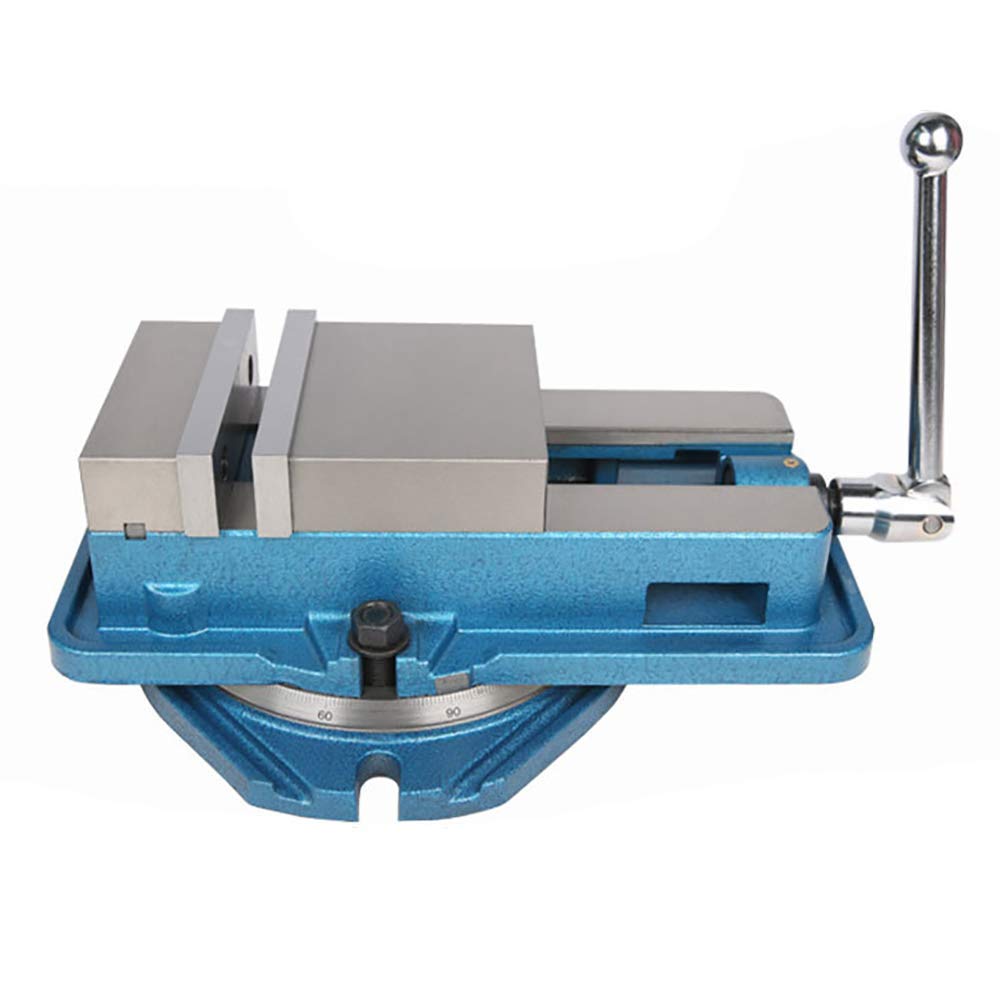 QM ACCU-Lock Precision Machine Vises With Swivel Base
QM ACCU-Lock Precision Machine Vises With Swivel Base -
 Partial profile 55° Threading Insert With ER & IR Type
Partial profile 55° Threading Insert With ER & IR Type -
 Precision Micrometr Holder For Micrometer
Precision Micrometr Holder For Micrometer -
 HSS DP Involute Gear Cutters With PA20 And PA14-1/2
HSS DP Involute Gear Cutters With PA20 And PA14-1/2 -
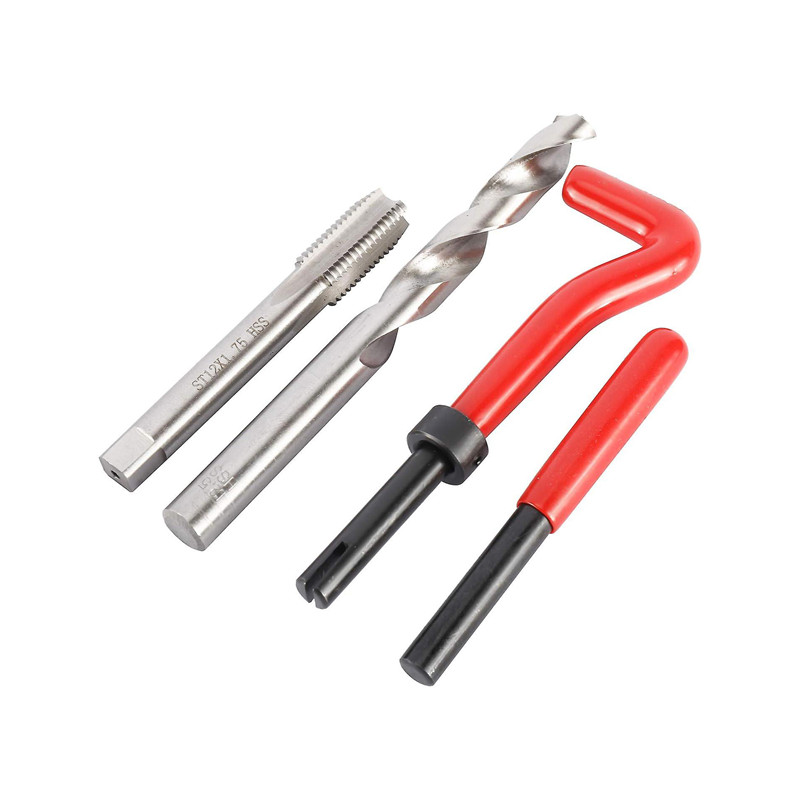 131PCS Thread Repair Set And Helicoil Type Thread Repair Set
131PCS Thread Repair Set And Helicoil Type Thread Repair Set -
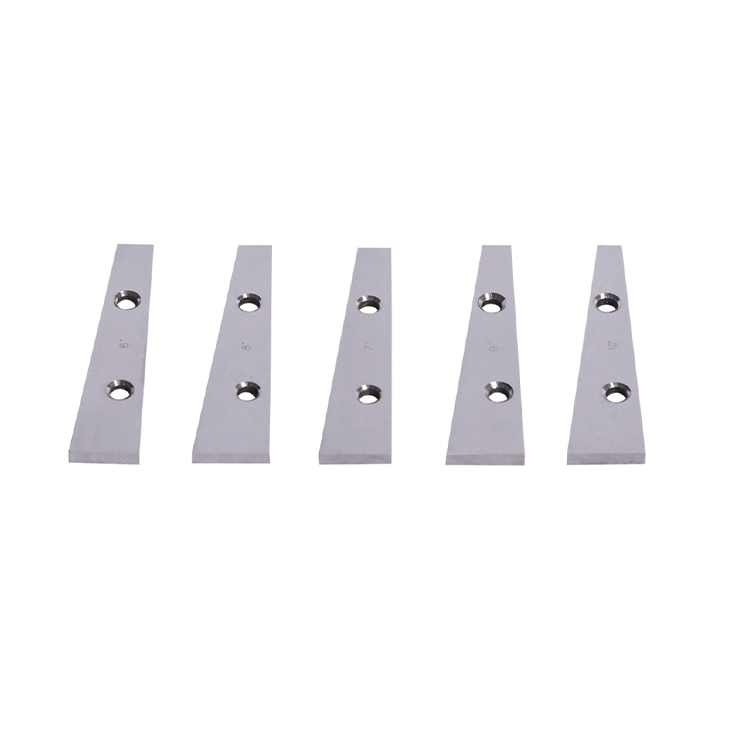 Precision 5pcs & 6pcs Angle Blocks Set With High Quality Type
Precision 5pcs & 6pcs Angle Blocks Set With High Quality Type -
 7pcs Carbide Turning Tool Set With Metric & Inch Size
7pcs Carbide Turning Tool Set With Metric & Inch Size -
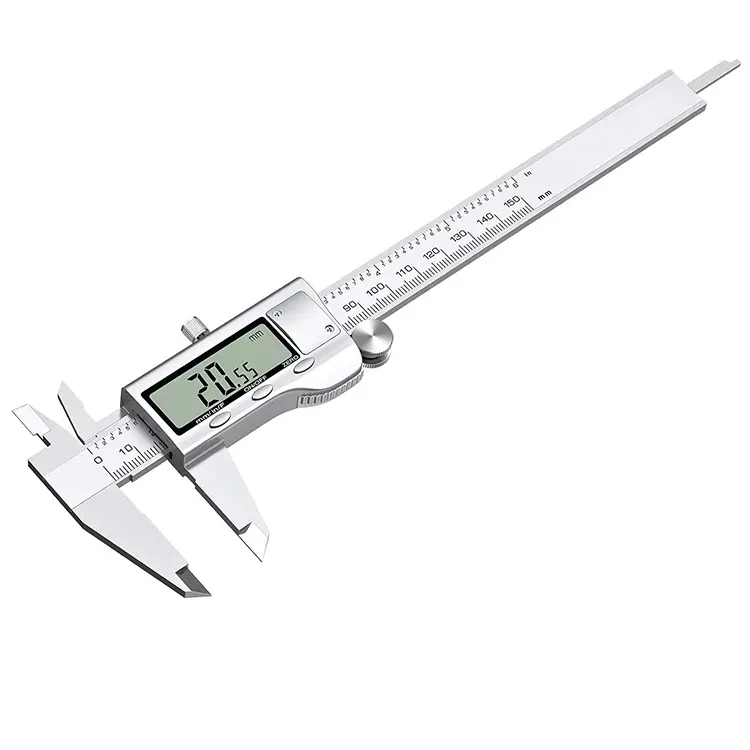 Precision Digital Caliper Of Metal Case For Industrial
Precision Digital Caliper Of Metal Case For Industrial -
 SCFC Indexable Boring Bar – Right- and Left-Hand Types
SCFC Indexable Boring Bar – Right- and Left-Hand Types

